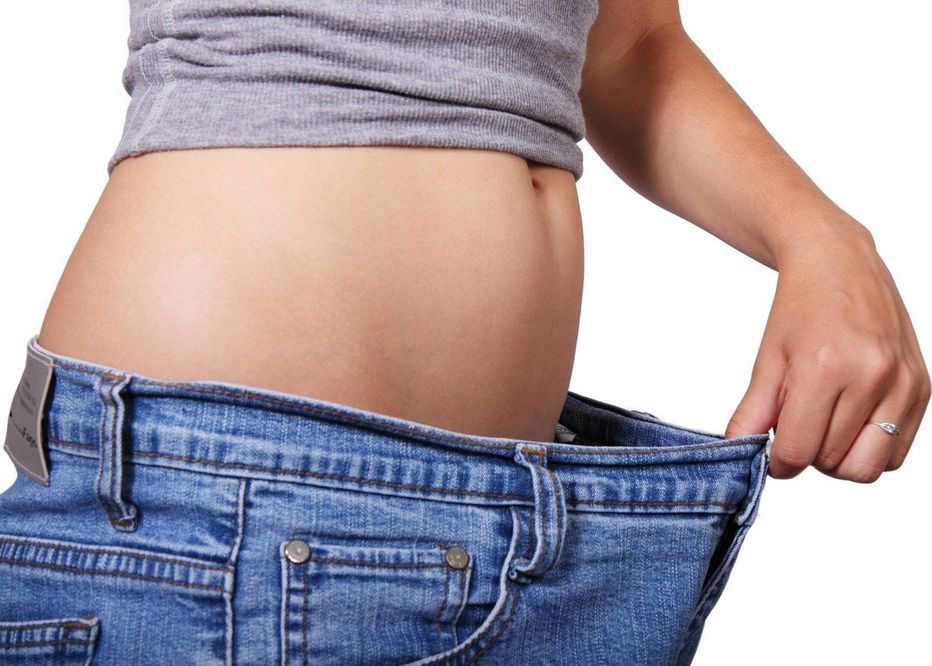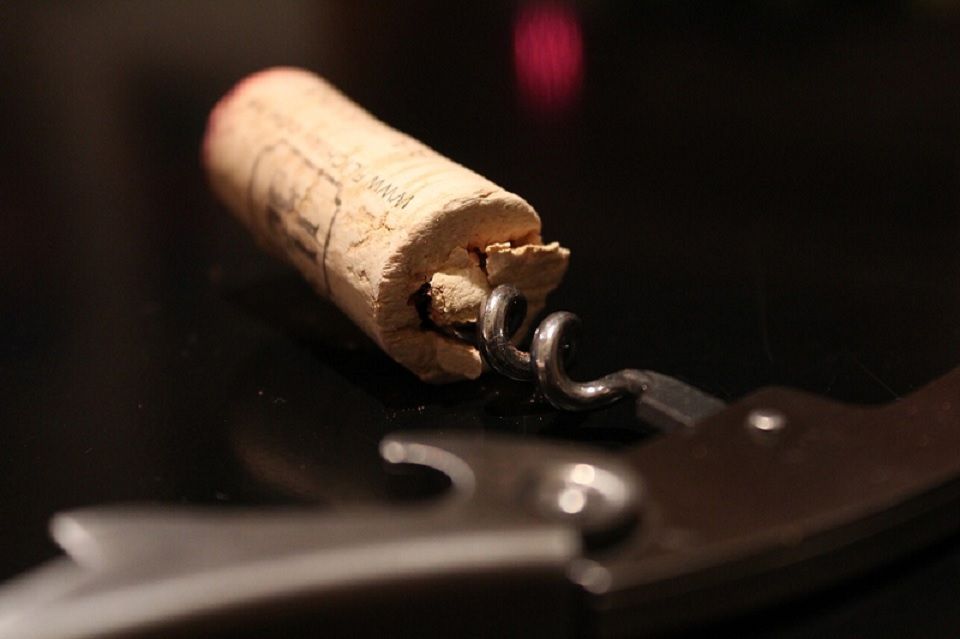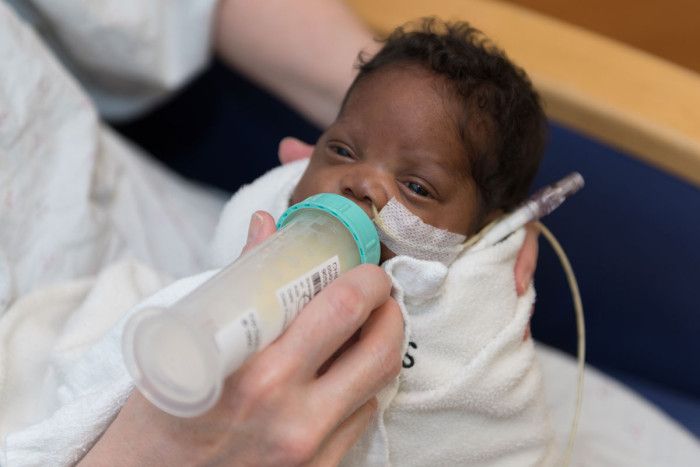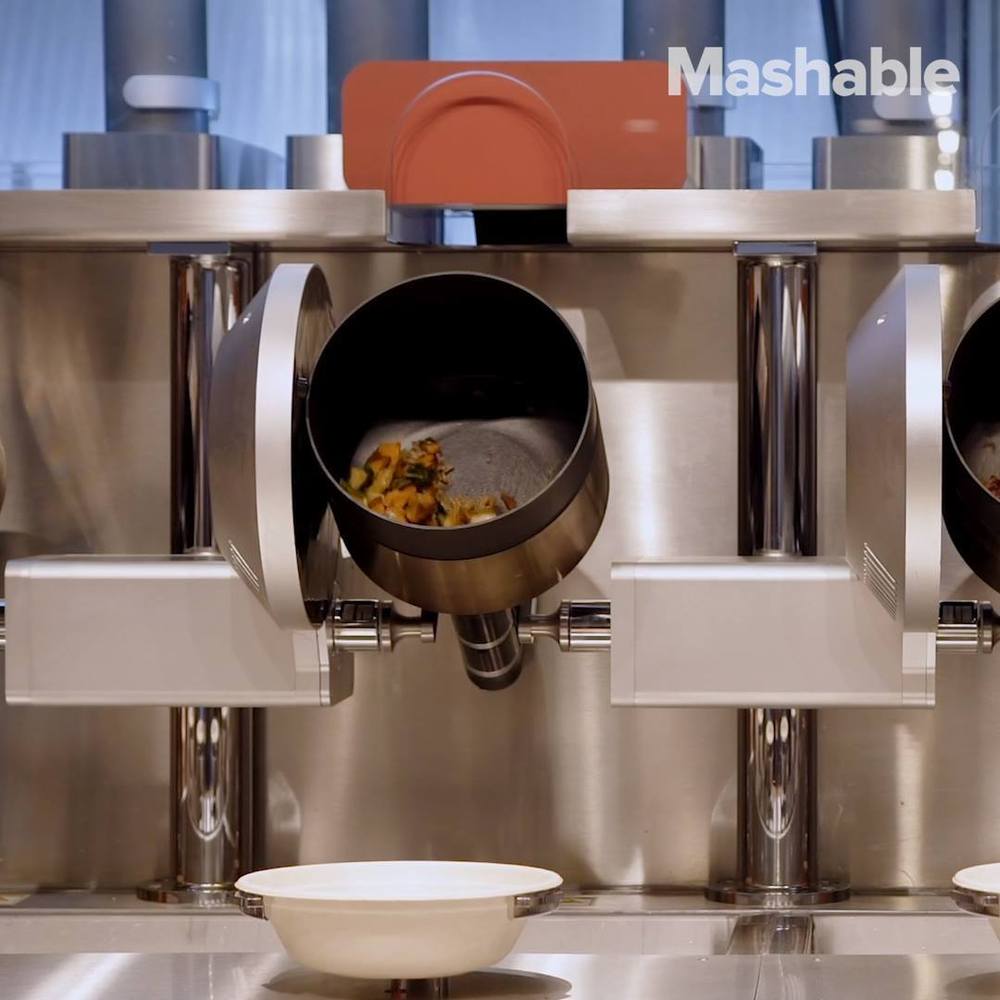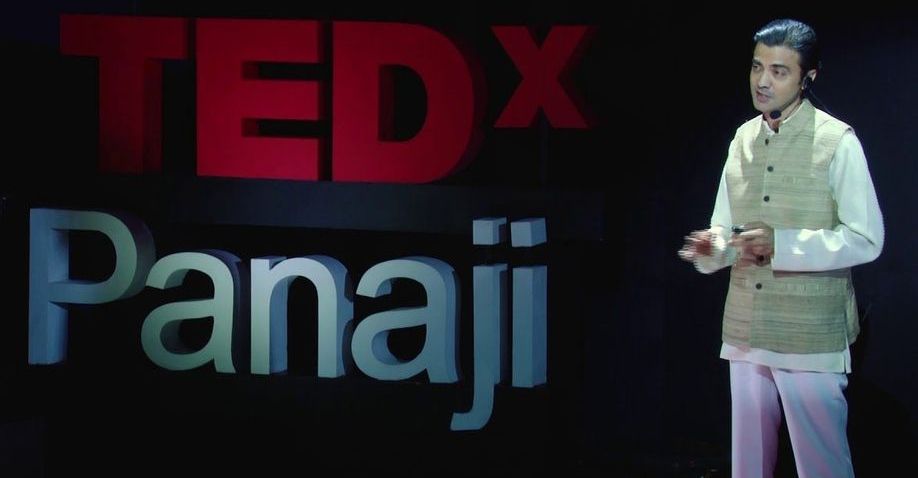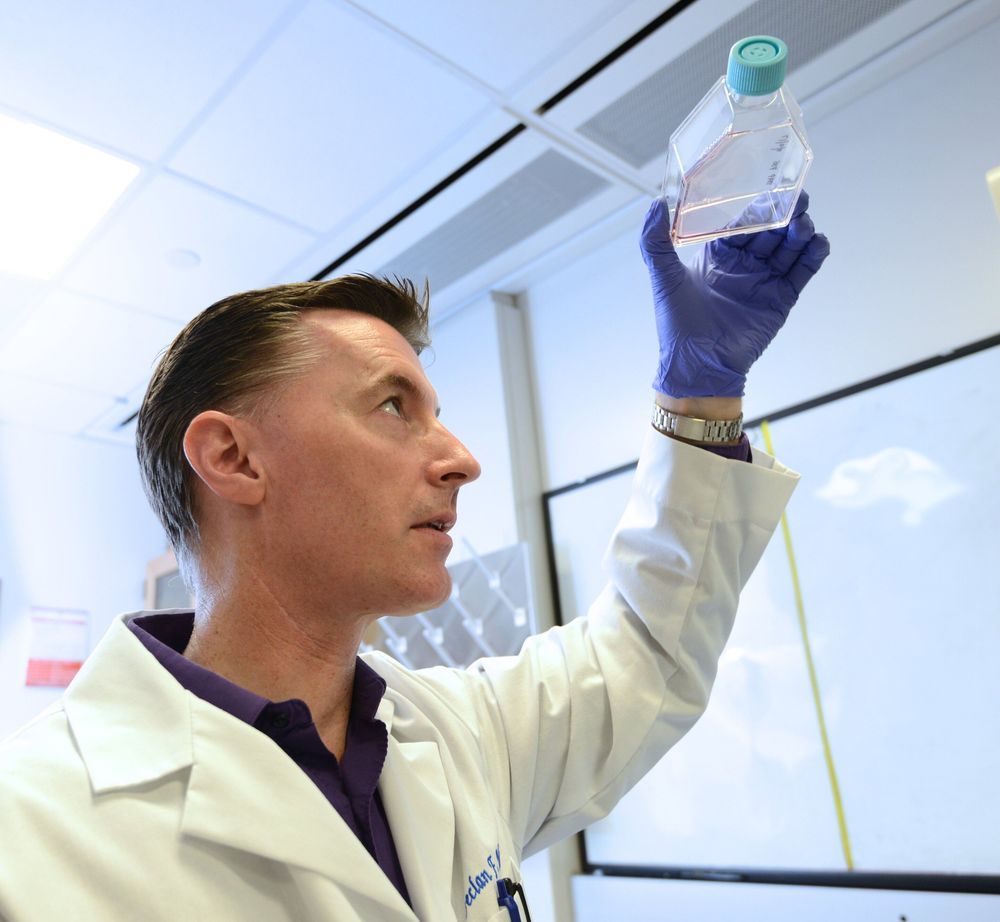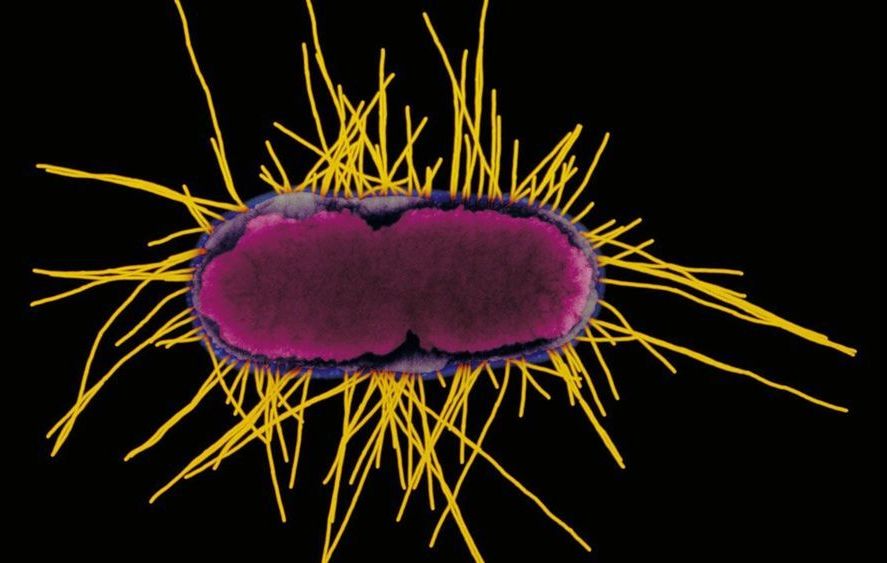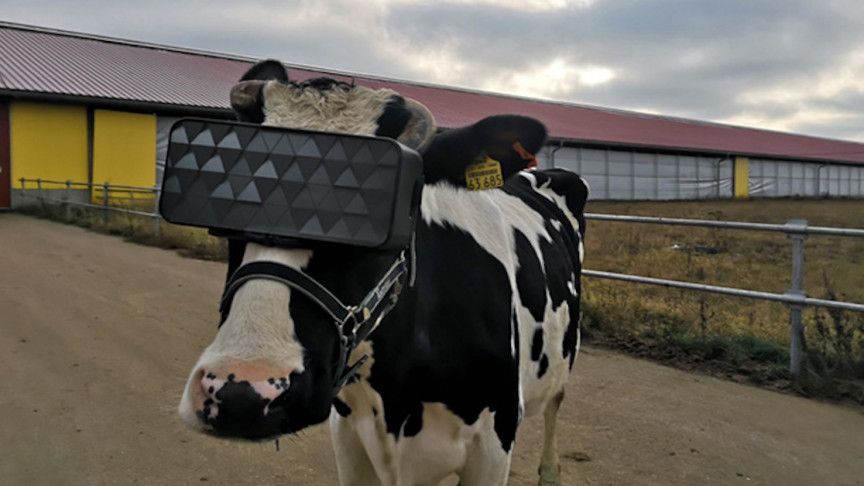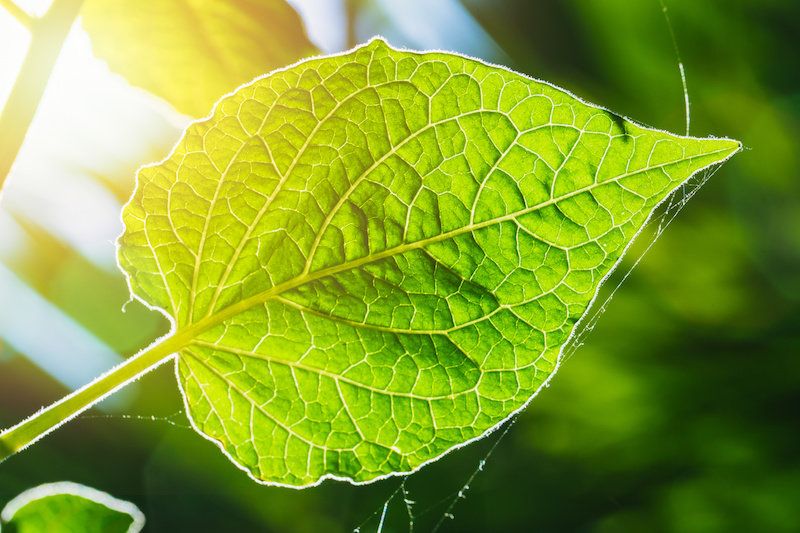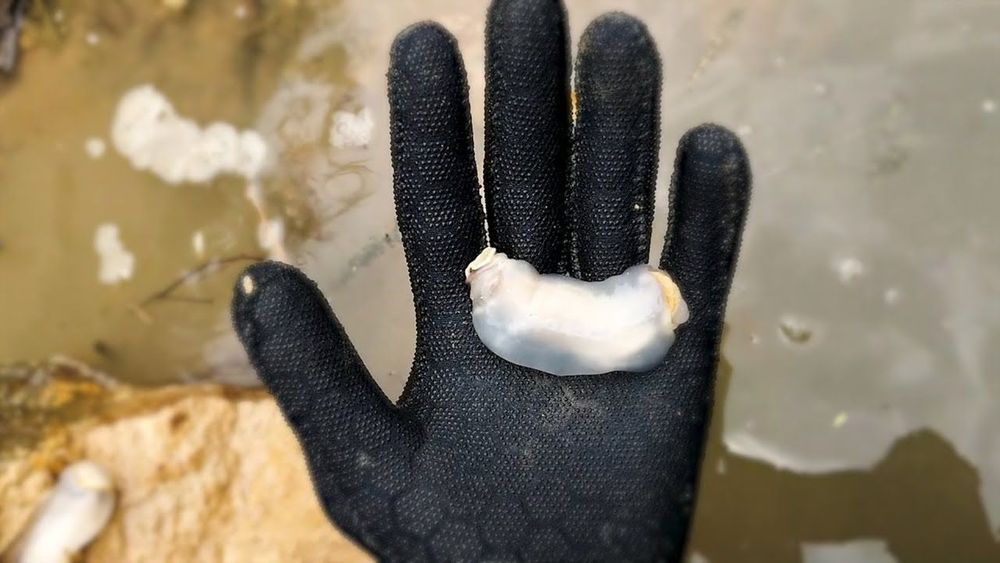Dec 2, 2019
Brain receptor that regulates body heat may also help accelerate weight loss
Posted by Paul Battista in categories: biotech/medical, food, health, neuroscience
Obesity is an important issue.
The brain mechanism that enables us to maintain a constant body temperature may also be the key to rapid weight loss, a new study finds. In experiments involving mice that were given a calorie-restricted diet, scientists at Scripps Research discovered that blocking a brain receptor that normally regulates body heat resulted in significant weight reductions.
The findings will be further explored as a potential treatment approach for obesity, which the World Health Organization has called a global epidemic. Obesity affects virtually all age and socioeconomic groups—increasing risk for heart disease, stroke, diabetes, cancer and many other serious health conditions.
Continue reading “Brain receptor that regulates body heat may also help accelerate weight loss” »
